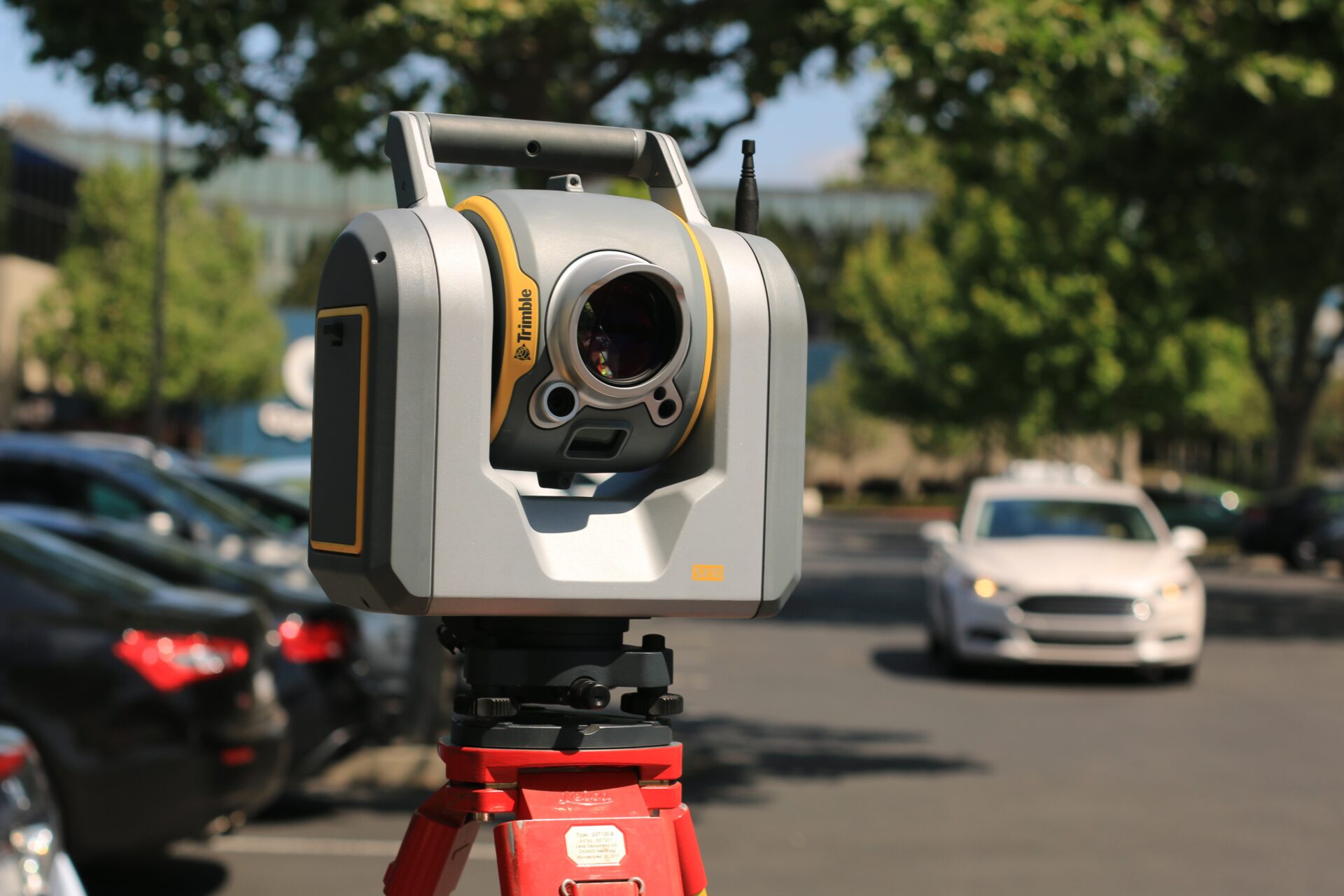
Economic Impacts of the Metrology and Surveying Services
In Austria the responsible public organisation is the Federal Office of Metrology and Surveying (BEV). "The BEV shows how important it is to have a reliable public infrastructure on which the economy can build. It strengthens the business location in many ways", says Minister of Economics and Digitalisation Margarete Schramböck. "Geoinformation is an important basis for around 80 percent of all political, economic and administrative decisions. In various economic sectors, many applications use digital geodata from the cadastre and landscape information. For example, APOS, the satellite positioning service of the BEV, is used for precise farming or for controlling snow groomers."
"There is practically no sector of the economy that is not affected by data with a spatial reference or by the quality of measurements and measuring instruments", says WIFO economist and project leader Michael Peneder. The sectors that make the most use of metrology and surveying services include, for example, agriculture and forestry, the food industry, transport and utilities networks, or the construction and real estate industries. In 2017, around 780,000 people were employed in these sectors in Austria with a value added of around 43 billion €. Public revenues from taxes and duties, which are based on data from the metrology and surveying sector, amounted to around 8.5 billion € in 2019.
The metrology and surveying sector strengthens the business location in many ways. It secures demand, especially for goods whose quality is difficult to verify. It reduces costs for private controls or certifications and facilitates access to foreign markets for the export industry. It also creates incentives for performance and entrepreneurial initiative, as it prevents unfair competition and rewards quality competition. In addition, there are the social benefits of reliable measurements, measuring instruments and geographic information systems, e.g. for environmental, health and consumer protection, climate research or the precise coordination of emergency teams in the event of a crisis.

